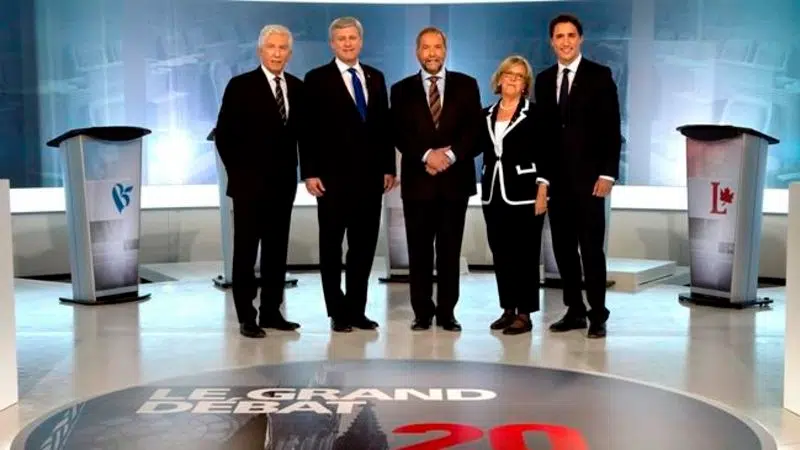
Leaders’ election debates need to be more accessible, more civil, commission told
OTTAWA — Televised leaders’ debates during the coming federal election campaign ought to be more accessible, more civil and more educational for voters trying to make an informed choice.
That was the advice of some 45 individuals and groups consulted by David Johnston, the former governor general who heads up Canada’s first-ever commission on leaders’ debates.
Michel Cormier, executive director of the commission, says those consulted included academics, cultural communities, journalists, experts in civic education, debate organizers in other countries, as well as representatives of the six Canadian political parties most likely to meet the criteria required for their leaders to take part in two debates — one French, one English — prior to the Oct. 21 election.


